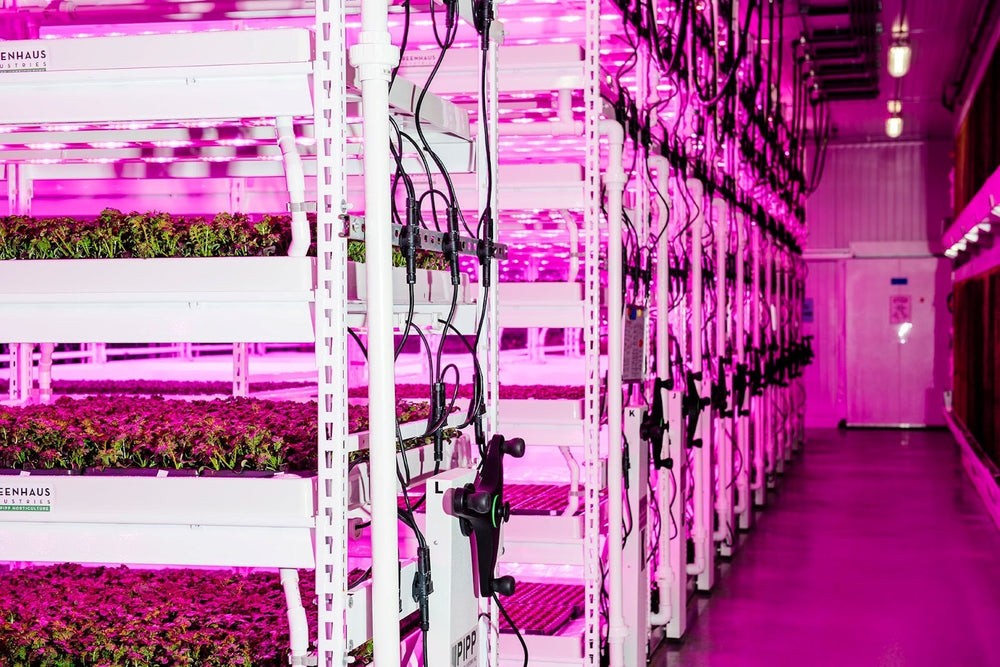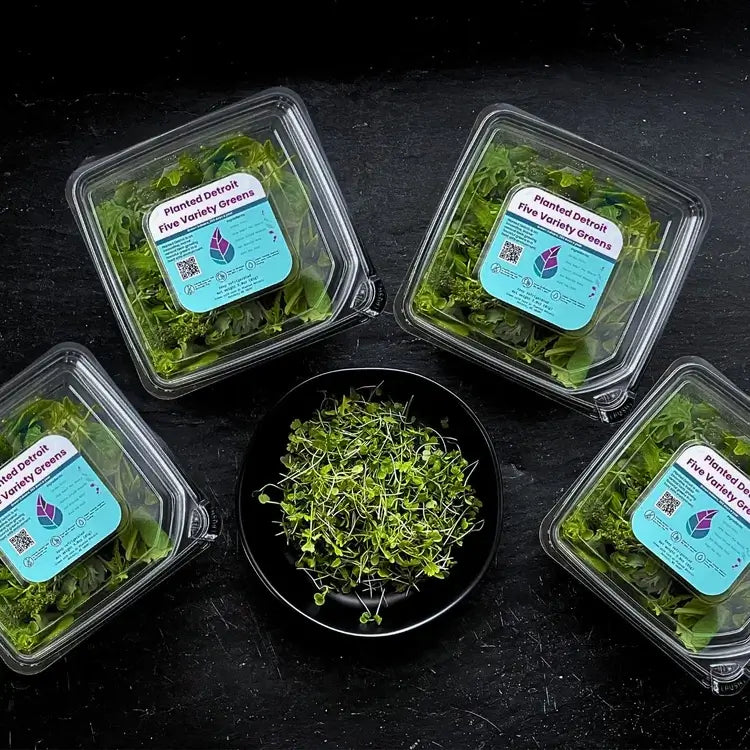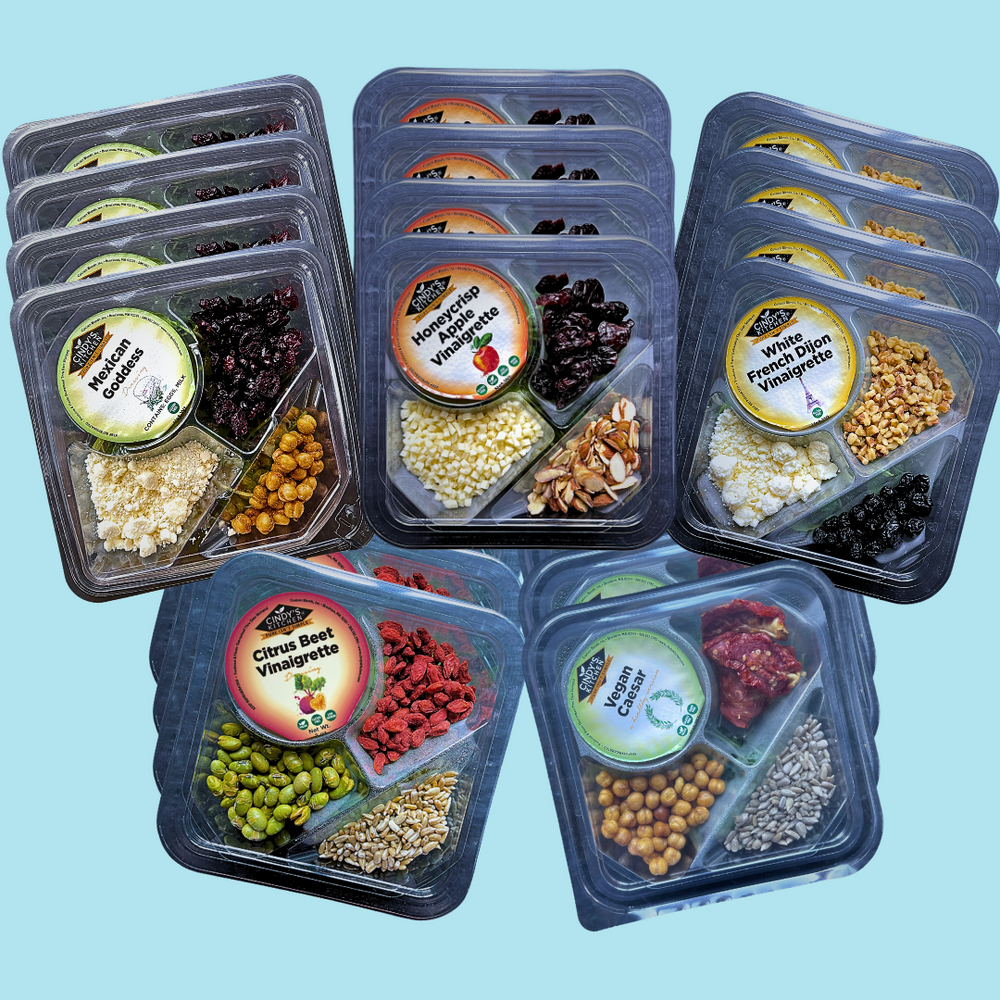
Hey, fellow Earthlings! Here's the situation: worldwide, approximately one-third of all food produced gets wasted. One third. That's also like tossing out a third of your salary every month. Ouch!
Now, while we are all equally guilty of the forgotten cucumber which turns into mush in the fridge, the real problem of food waste begins much further back than this.
The answer? Smarter farming practices. Let's get our sleeves rolled up and take a look at how we, yes, us! can cut down on waste, preserve resources, and give Mother Earth a high-five.
Understanding the Connection Between Farming and Food Waste
Rows and rows of crop cultivation, growing their hearts out. Sounds very idyllic, doesn't it? But here is the kicker—these old-school methods often seem to produce more waste than people ever imagine it can. Crops are overproduced; market demands shift, and whammo! Half the harvest never gets beyond the farm gate.
And that is merely to mention supply chains. Transport, storage, distribution—it's like playing a game of Jenga where one misstep becomes a calamity. Food that could have fed somebody ends up in a landfill with spoilage degradation;
But there’s still hope! We can get this mess under control by adopting smarter farming practices. Let's understand how technology and innovation are changing the game.
The Role of Technology in Minimizing Waste
Let's get futuristic for a second: technology stepped into the world of farming like a superhero, transforming how we grow our foods.
Precision Agriculture
It's basically just like the fitness trackers but now implemented in agriculture. Sensors planted under the ground and drones across the skies give analysts data through which farmers understand just what is being wanted by a plant.
Just to say it crudely, "Hey, Corn, how're you today?" This degree of precision enables the correct usage of input resources to better and wholesome crops, be it water or fertilizers.
Hydroponics and Vertical Farming
What if instead of spreading crops across acres of land, we grow them in neatly stacked layers indoors? Hydroponics uses nutrient-rich water instead of soil, so there are no pests, no fickle weather, and minimal waste. Plus, it's local—so your lettuce doesn't have to hitch a ride across the country to your plate.
AI and Predictive Tools
Artificial intelligence isn't just for robots or driverless cars; farmers are using AI to project demand so as not to overproduce, which means every spud and every tomato has a home. Think of it: you know exactly how many dinner guests you're expecting and cook exactly that much.
Smarter Farming for Reduced Food Waste
Now that we have the tech side squared away, it is time for more practical ideas in which farmers themselves are making food production truly intelligent and in keeping with greater ecological sustainability.
Planning Sustainable Crops
Gone are the days when a farmer plants everything and hopes that it may sell. Currently, farmers in the region have gone the demand-driven planting way where they plant exactly what is called for by prevailing market trends. They would also rotate different crops as an approach toward reclaiming soil health and productivity over successive seasons for crops.
Efficient Methods of Harvesting
Harvesting is not just plucking any fruit off a tree and calling it a day, either. Farmers are adopting tools and techniques that will reduce crop damage. When fewer crops get bruised or spoiled during harvest, more of them make it to market.
Innovations in Post-Harvest Storage
Remember that sad bag of spinach that wilted in the fridge? Farmers face that problem on a huge scale. With modern cold storage and innovative packaging, they keep their produce fresher longer, which means less spoilage and more time to get the food to you at its peak.
Approaches Towards Urban Farming
Now, here is an exciting one: Urban farming. We should grow food in cities themselves, apply hydroponic and vertical farming, reduce transportation waste so that food reaches consumers fresh. It's like having a mini farm right in your neighborhood.
Community-Supported Agriculture
Now, community-supported agriculture: This is where we, as consumers, come together with a local farmer. We pay in advance for the share of a harvest, guaranteeing every carrot, beet, and zucchini finds its home. It is a beautiful thing to connect ourselves with where our food comes from while reducing waste.
How Planted Detroit is Leading the Charge
If we are looking for a real-world role model, then Planted Detroit is the model.
Being Michigan’s largest vertical farm, we not only educate people about sustainable farming techniques but also produce fresh greens like different varieties of lettuces, herbs, microgreens, and edible flowers for a farm-to-fork experience right in the heart of the city.
They grow fresh and healthy food while minimizing waste through hydroponic means and precise planting methods.
Their urban farming concept involves locally grown crops, eliminating long-distance transport inefficiencies. They will count every seed they plant and each harvest for ultimate efficiency and to waste the least.
It is farming, but smarter—and way cooler.
If you're in the area or just curious about what a sustainable future looks like, check them out. It's proof that with a little creativity and tech, we can revolutionize agriculture.
Top Tips for Consumers to Reduce Food Waste
However, not all of that rests on the shoulders of the farmers; we also have a great part to play in reducing food waste. Here are several tips to help us do better:
Buy Local and Seasonal: Support local farmers. Freshness to your table becomes a guarantee too. Bonus points: At their peak ripeness, seasonally available food both tastes better, yet has the least environmental impact.
Store Smart: Did you know the best way to store bananas and avocados? They sure don't like each other. Learn proper storage, and it may just make a difference.
Love the Imperfections: Those lumpy apples and crooked carrots? They taste the same as their "perfect" siblings. Include them in your delicious meals with some love!
Smarter Farming Provides Several Benefits
So, what’s in it for us and the planet? Spoiler alert: A lot.
For the environment: Less food waste means less carbon footprint and smart farming uses fewer resources like water and energy.
To the farmers: Efficient practices mean better profits. Farmers can focus on quality over quantity and still be better off.
To communities: Smarter farming builds a more equitable system of food accessibility for all. It's a win-win-win situation, and we're here for it.
It’s a win-win-win situation, and we’re here for it.
A Smarter Future for Farming and Food Waste
Food waste is not just an issue, but an opportunity – an opportunity to re-evaluate how we grow, distribute, and consume food. Adoption of smarter farming practices would turn what was once considered waste into a resource, making the future of all more sustainable.
From growing innovative farms, like Planted Detroit, supporting people in making different choices in buying food in how they eat it and keep it, every single action added up, this is how collectively we can have a world full of valued foods, sustainable farming, and reduced wastes.
The best part is, that this is not about fixing the broken system- it's about crafting a smarter, greener, and even tastier future for all of us. Therefore, let us roll up our sleeves, dig in with smarter farming practices, and ensure every bite does count.
After all, change begins with us!


